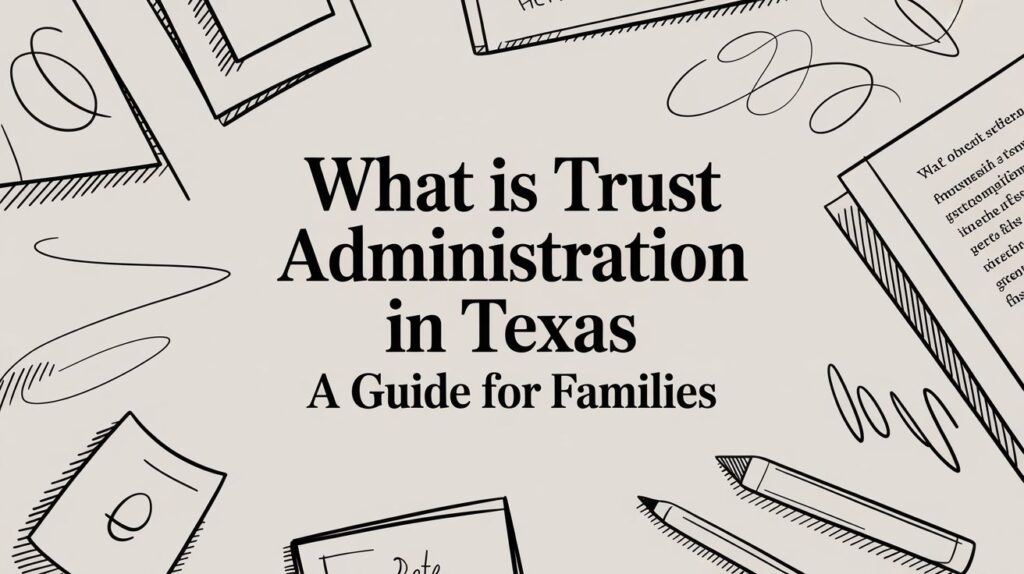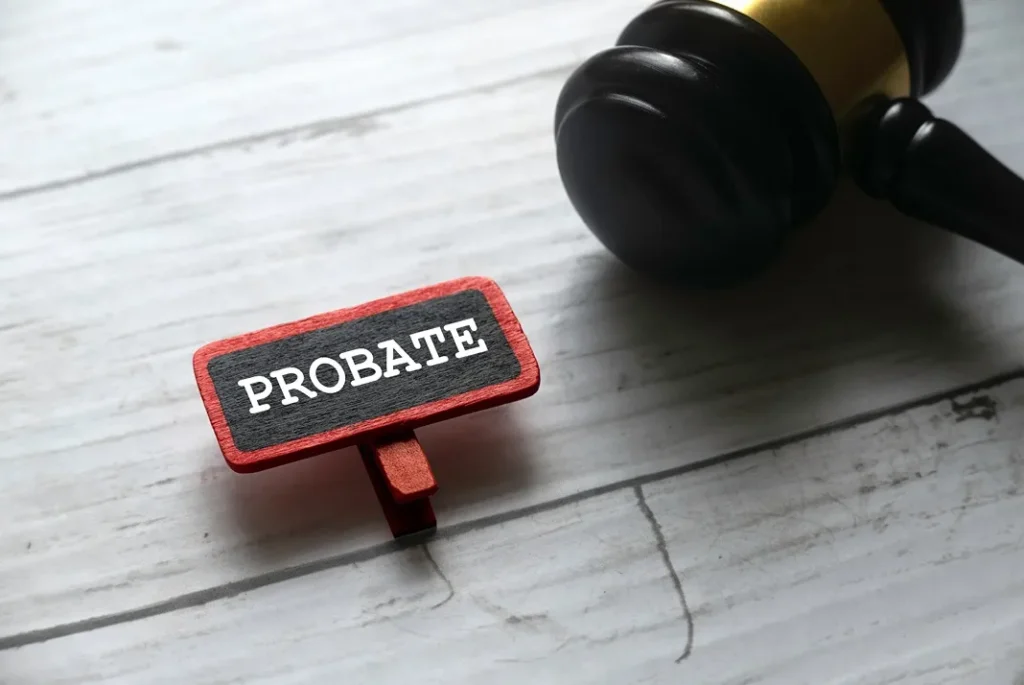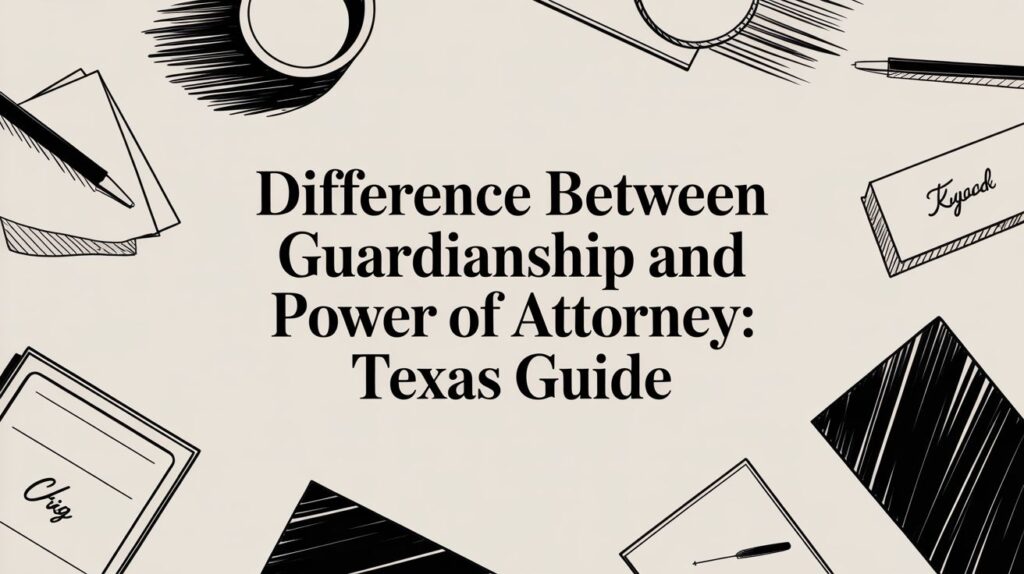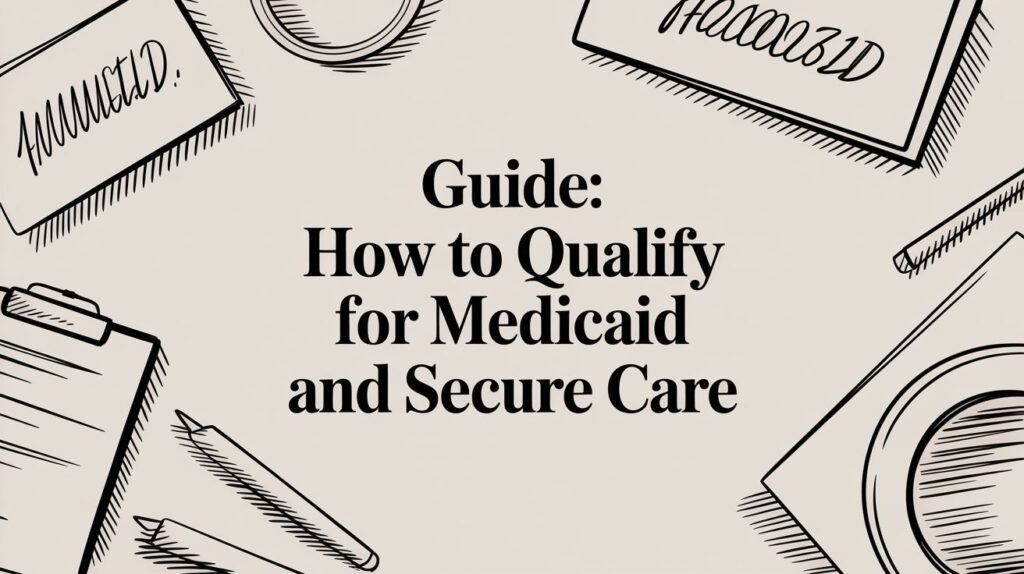In Texas, managing an estate through the probate process can be complex, particularly when it involves real property, such as a home or land, that might generate income if leased out. Leasing probate property during the probate process can be an attractive option for executors, heirs, or administrators, especially if the property is valuable, can generate rental income, or requires upkeep that could benefit from rental payments. However, legal guidelines and restrictions must be followed. This comprehensive guide explores the legalities of leasing probate property during probate in Texas, covering crucial aspects, potential risks, and key steps to consider.
1. Understanding Probate Property in Texas
Probate property refers to any assets owned solely by the deceased that do not have designated beneficiaries outside of probate (e.g., joint tenancy or payable-on-death accounts). Common probate assets include real estate, bank accounts, vehicles, investments, and other valuables solely under the decedent’s name.
In Texas, probate is the legal process of administering these assets according to the decedent’s will or, in cases where there’s no will, under state intestacy laws. Probate requires several steps:

- Verifying the will (if applicable).
- Appointing an executor (or administrator if there’s no will).
- Inventorying and appraising assets.
- Settling debts and taxes.
- Distributing the remaining assets to heirs or beneficiaries.
For executors and administrators, probate requires following a fiduciary duty to the estate and acting in the best interests of heirs and creditors. This responsibility includes ensuring that any decisions—such as leasing out property—are legally compliant and beneficial to the estate.
2. Can You Lease Out Probate Property in Texas?
Generally, yes, probate property can be leased out in Texas, but with significant restrictions. Whether or not probate property can be leased out depends on:
- Type of probate administration: Texas allows multiple forms of probate, including independent and dependent administrations.
- Court approval requirements: Texas courts, especially in dependent administrations, may require approval before a lease can be initiated.
- Executor or administrator authority: The rights and obligations given to the executor or administrator, often outlined in the will, can impact leasing.
The Texas probate system emphasizes preserving the estate’s value, minimizing debt, and ensuring proper asset distribution, so any decision to lease must align with these goals.
3. Types of Probate Administration in Texas and Their Impact on Leasing
a. Independent Administration

Independent administration is a streamlined form of probate common in Texas. It allows the executor or administrator to manage the estate with minimal court involvement. If the will explicitly grants “independent” powers, or if heirs agree, an executor may operate with less oversight.
In independent administration, executors can typically lease out property without prior court approval. However, executors must still act in the estate’s best interest and uphold their fiduciary duty, which includes making sure leasing is financially prudent and doesn’t risk estate value or harm beneficiary interests.
b. Dependent Administration
Dependent administration is more court-intensive and requires the executor or administrator to seek court approval for most decisions, including leasing real property. The purpose of dependent administration is to protect heirs and creditors by maintaining judicial oversight.
In a dependent administration, before leasing property, an executor or administrator must:
- File a petition with the probate court to request approval for leasing.
- Provide evidence that leasing is in the best interest of the estate and beneficiaries.
- Obtain an order from the court authorizing the lease.
This additional step ensures that the lease agreement aligns with the estate’s value and financial goals.
4. Steps for Leasing Probate Property During the Texas Probate Process
The leasing process typically involves the following steps:
a. Seek Legal Counsel
Since probate law can be complex, seeking legal counsel is strongly advised, especially if there are multiple heirs or high-value assets involved. An attorney can assist in interpreting the terms of the will, advising on court requirements, and handling paperwork for court approval if required.
b. Determine Property Ownership Status
Confirm the property is solely owned by the deceased and falls under probate jurisdiction. For property co-owned by the deceased and a surviving spouse or partner, the situation may differ, and co-owner consent could be required.
c. File a Petition for Lease (if Required)
In dependent administration or if specified in independent administration, filing a petition with the court is necessary to gain permission. The petition should outline:
- Reasons for leasing the property.
- Financial benefits to the estate.
- Terms of the proposed lease (duration, rental amount, tenant obligations, etc.).
d. Obtain Court Approval (Dependent Administration)
If leasing is approved, the court will issue an order authorizing the lease. Executors must keep this documentation in case of any disputes with beneficiaries or creditors.
e. Draft a Lease Agreement
Once approved, executors should draft a formal lease agreement that outlines:
- Tenant obligations.
- Duration of the lease.
- Rental amount and payment schedule.
- Terms of property use, maintenance responsibilities, and eviction terms.
A well-drafted lease ensures protection for the estate and clarity for the tenant.
f. Maintain Accurate Records
Throughout the probate process, executors must maintain records of all income from leasing, expenses incurred, and any maintenance or management activities. This documentation is critical in demonstrating that the leasing arrangement benefits the estate.
5. Benefits and Risks of Leasing Probate Property
Benefits
- Income Generation: Leasing property generates income, which can help cover mortgage payments, taxes, and maintenance costs.
- Asset Preservation: Occupied property is often better maintained, reducing the risk of vandalism, squatting, or property degradation.
- Heir Satisfaction: Leasing can benefit heirs by preventing the need for property sale, potentially preserving family-owned property for future use or sale when the market is favorable.

Risks
- Legal Complications: Leasing can complicate estate administration, especially if heirs disagree or if the court doesn’t approve the lease.
- Potential Disputes with Heirs: Family disagreements can arise if heirs have conflicting ideas about the property’s use or leasing arrangements.
- Liability Issues: Leasing exposes the estate to liability, especially if the property requires repairs, has safety issues, or if tenants fail to adhere to lease terms.
- Difficulty in Termination: Probate processes can extend over months or even years. If the estate is ready for distribution and the lease isn’t concluded, it may delay probate’s closure.
6. Practical Tips for Executors and Administrators
- Communicate with Heirs: Regular updates and communication with heirs can reduce disputes and improve the leasing process.
- Use Professional Management: If feasible, hiring a property manager can alleviate the administrative burden and ensure property upkeep.
- Follow Fiduciary Duty: Ensure all actions comply with fiduciary obligations to avoid liability issues.
- Plan for Termination: Structuring leases on a month-to-month basis can provide flexibility if the property needs to be sold or distributed.
7. Key Legal Considerations and Resources
Executors should be mindful of:
- Texas Probate Code: Understanding specific legal requirements, such as Sections 355 and 356, which address property management by executors.
- Insurance Coverage: Ensuring adequate property insurance and liability coverage while the property is leased.
- Fair Housing Laws: Complying with all local, state, and federal fair housing laws when choosing tenants.
- Professional Legal Advice: Consulting with a Texas probate attorney can help navigate specific challenges, especially if there are disputes among heirs, complex asset distributions, or high-value properties involved.
Conclusion
Leasing probate property in Texas can be a useful tool for managing an estate, but it requires careful adherence to probate laws and court requirements. Executors or administrators need to evaluate the type of administration, consult with legal counsel, and ensure they are acting in the estate’s best interest. With the right approach, leasing can be beneficial, offering financial advantages and preserving property value during the probate process.








